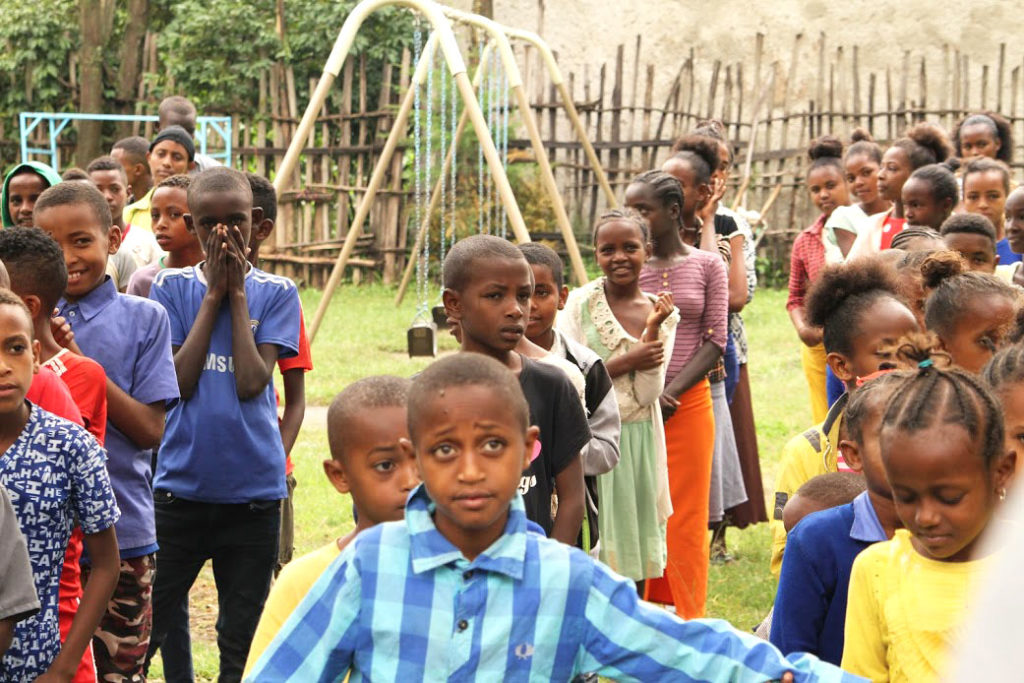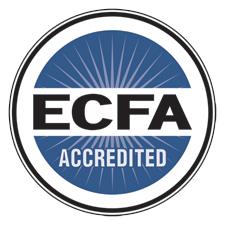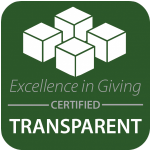The official language spoken in Ethiopia is called Amharic. I can barely say the name of the language, let alone many of the words. I’ve learned to surrender my desire to speak it well in order to at least give it a genuine try. It usually leads to practicing that lesson of making an idiot of myself, but the laughter that boils up after my humble attempts at an Amharic phrase is well worth the fool I make of myself.
My first visit to Ethiopia was for adoption. My husband and I decided that the most important thing to learn was how to say, “thank you,” which actually took two trips to Ethiopia to nail down.
“Ameseginalehu.”
Even when they slowed it down, I still could not grasp this long word. It sounded different to me each time someone spoke it. Once I had arrived at the end of the word, I had completely forgotten the beginning. Eventually, after many more trips into this journey, I’ve picked up a few phrases…very few, but I have learned that there are many reasons that it is important to try.
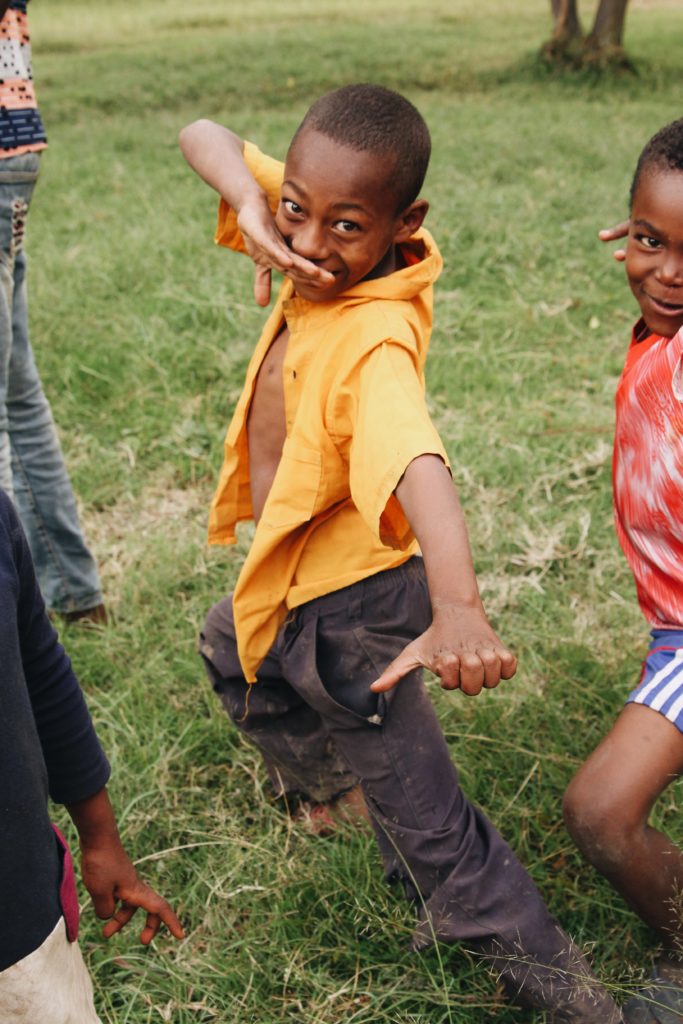
On our most recent HopeChest visit to Ethiopia, we experienced a quick immersion into the culture. Right from the airport, a pit stop was needed. Returning to the bus, we were approached by two very young children selling gum. In tune to the fact that these children were not in school, they were likely selling in the streets to make money for someone else. It was indeed a form of trafficking and meant immediate discomfort for our travelers. We had been on the ground for less than 20 minutes before the gravity of internal conflict began to set in.
Our presence could not rescue them from their realities; we could not give them money (because travelers don’t carry money for this reason); and we didn’t know what to do with our own discomfort. Settling back into the bus, some travelers sat down and wept. The children managed to find the most upset traveler through the window in attempts to push the sell.
When processing this event at the end of the day back in our comfortable guest house, the importance of language was revealed. One traveler said it was so painful in her heart to sit there and ignore the young girl with the gum, walking faster to pretend she wasn’t there when she was approached.
Inquiring with the group, we began to dissect this feeling and experience. Where did we begin to confuse not being able to give them money with ignoring them completely? When we don’t know what to do with our own discomfort, we tend to look the other way. It is less painful to us to avoid a relationship if we cannot save someone, than it is to enter in and engage them without fixing a problem or offering a solution.
The documentary, “Poverty, Inc.,” talks about how we have made people objects of our own sentimentality, rather than seeing them as subjects capable of playing an active role in their own success story. At the very least, our team was learning to enter into an uncomfortable time, to remember that every person, home or abroad, is simply a person, aching to be seen, heard and loved. It’s so much less about the money than it is about the relationship.
When approached by someone in the streets, at the very least, we have learned to acknowledge their presence in this world. I am capable of smiling, looking into their eyes, shaking my head and saying, “Ameseginalehu.” I’ve gone enough times now that I can even say “God bless you,” though I have absolutely no clue how to spell it!
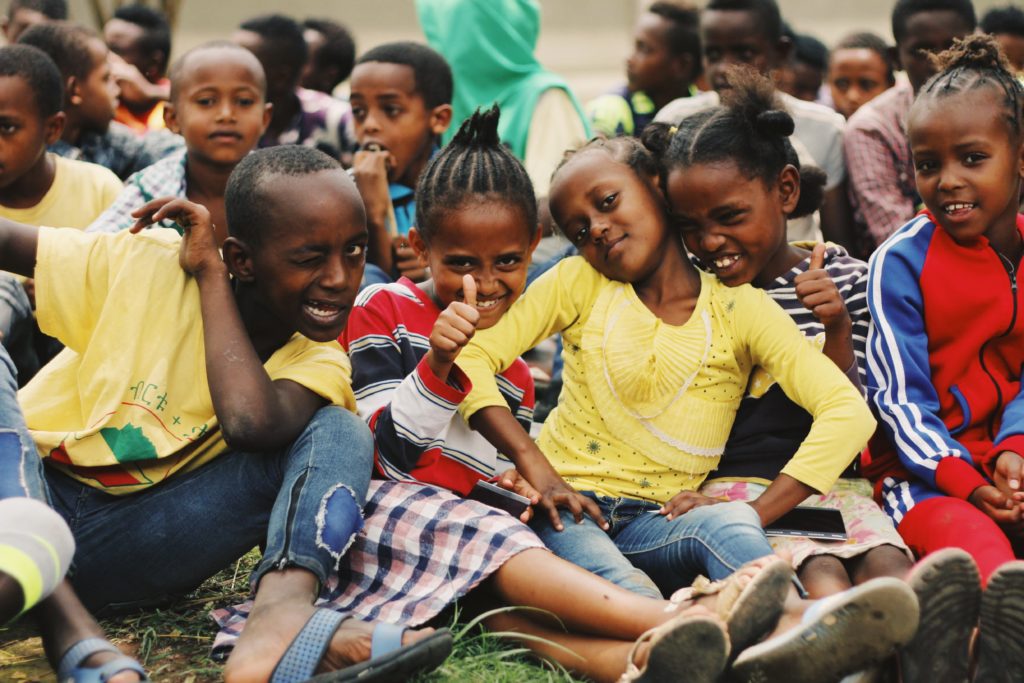
Sometimes that is just enough for them to smile back. For those whom I have seen repeatedly in this context, I have able to go a little further into relationship, even with the language barriers.
I do not believe that my only options are to turn people into objects of my sentimentality or to ignore their very existence. My job is not to rescue the world from discomfort, but seek to let people know that they are valued and loved, even if it means a bit of my own discomfort. Relationships matter and are at the heart of every HopeChest visit.
(And yes, I know that all my Ethiopian friends reading this are giggling over my rusty Amharic skills…I’m okay with that.)
___________________________________________________________________________
Today’s blog was written by Whitney Scholtens, once a HopeChest Partnership Leader, then a HopeChest Advocate, now the Partner Development Manager. HopeChest is looking for Advocates who are passionate about the work we do and are willing to open doors in their area for conversations with potential church, business, or school partnerships. If you are interested in furthering the HopeChest mission in this way, you can email Whitney at wscholtens@hopechest.org to learn more!

